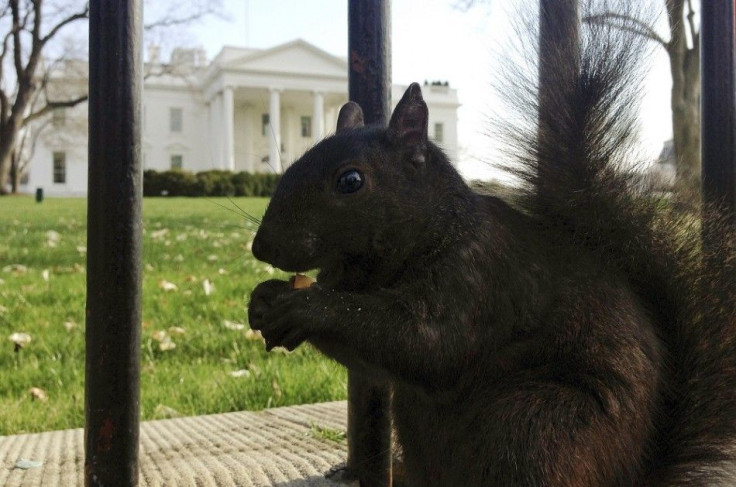Study Finds Squirrel Major Contributor To Climate Change

Two new studies have found that squirrels and beavers contribute much more to climate change than was earlier believed, making them major contributors to climate change.
The Arctic ground squirrel aid in the release of greenhouse gases methane and carbon dioxide by melting the permafrost when they burrow. The permafrost preserves dead animals and vegetation underground for centuries. The feaces of the squirrels also aid the process by fertilising the soil, which in turn nourishes the microbes that decompose dead matter into greenhouse gases.
The Arctic permafrost, where layers of soil remain frozen all year round, is estimated to contain about 1,500 billion tonnes of carbon, twice as much as is currently in the atmosphere, according to a report in the Independent. Melting permafrost could create a feedback loop of rising temperatures and melting.
Another study found that beavers are another rodent that contribute to climate change. The dams they build allow shallow pools of water to collect where biological material builds up. This biological material is broken down into greenhouse gases that lead to climate change. The ponds have stagnant water which has less oxygen than a flowing river. Microbes thrive in low-oxygen environments. Methane does not dissolve in water and instead travels into the atmosphere. According to a study by the University of Saskatchewan in Canada, beavers are estimated to be producing 200 times more methane today than they were in 1900, when hunting for their fur had largely wiped out their populations in North America, Europe and Asia.
In Canada, according to a report in USA Today, there are 10 million beavers, resulting in about 16,000 square miles of dammed ponds and the release of about 882,000 tons of methane, or 15 percent of what deer, antelope and other wild cud-chewing herbivores produce.
While they were earlier hunted, beavers are now a protected animal and conservation drives have led to the increase in their population.
The biggest contributors to climate change are cows. It is estimated that a single cow can release between 250 and 500 litres of methane into the atmostphere by burping and by flatulence alone.
Livestock that chew the cud, including sheep and goats, produce about 18 percent of the world's greenhouse gases, which is more than what transport contributes.
To contact the writer, email: sonali.raj@gmail.com




















